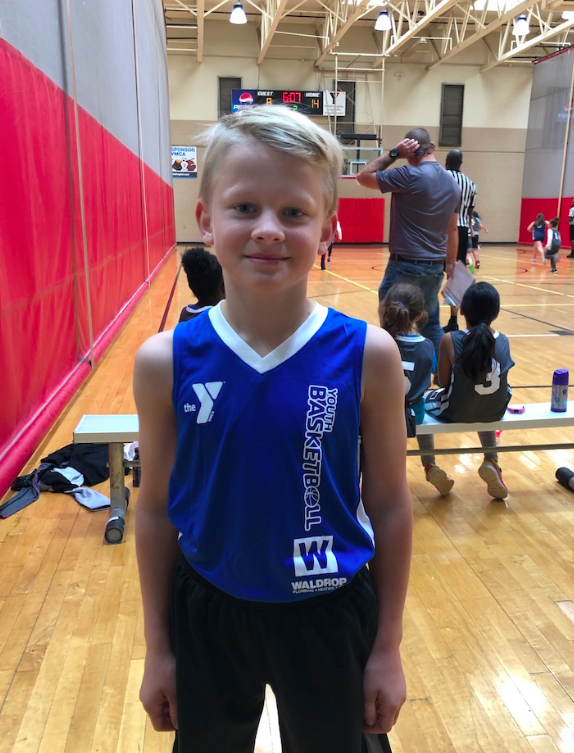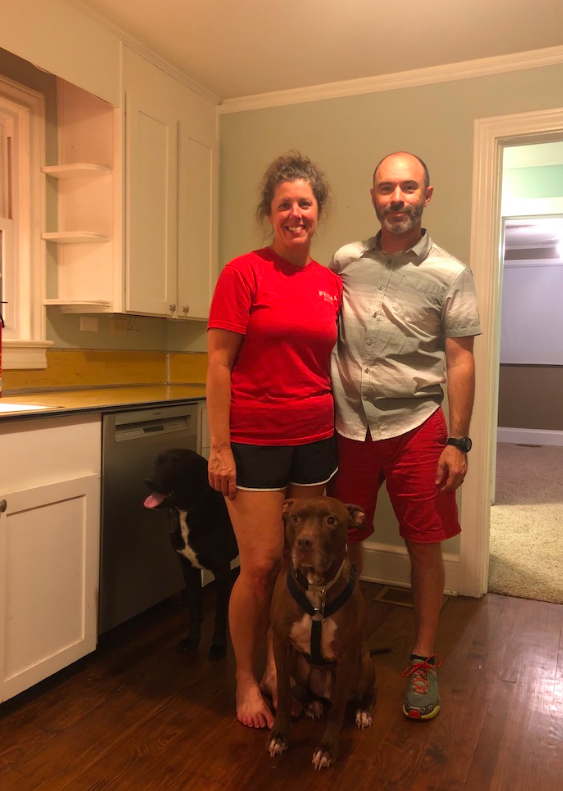English Teachers Ruin Literature
English teachers ruin literature.
It’s a bold claim, I know.
I used to be an English teacher.
Well. I still am an English teacher.
I’ve been guilty of this.
We ruin good literature.
We put books that are inappropriate for their age or for their life experience into students’ hands and command, “read“.
That’s the first offense.
And the second offense?
Oh – I think it is even worse.
We talk about the books to death.
We tell them (gasp!) what the author meant!
We tell them what to think about Jane Eyre’s escape from Mr. Rochester.
We tell them why Virginia Woolf uses imagery.
We tell them so much of this and that.
We spout opinions from the Norton Anthology of Literature.
We brazenly read the liner notes in our Bob Jones teacher’s guides out loud to a room full of tenth graders.
(Have you ever read those things? They’re awful, I tell you. Just awful. I’ve discovered the most ludicrous statements in there. Seriously.)
And we do these things in the name of Education.
We call it Honors or Advanced or gifted or college prep.
I call it wrong.
Misguided. Ill-timed. Damaging. A mistake.
Introduce a child too early to the beautiful words of Zora Neale Hurston and they will walk away confused and uninterested and they will never return.
Stick A Tale of Two Cities in an eighth grader’s Sharpie-covered hand and see if they ever greet Mr. Dickens with a smile again.
No one needs to read Catcher in the Rye in junior high and I have my doubts as to whether George Orwell thought his novel 1984 was proper fodder for high school students and true/false questions.
Let me point something out, if you’re still reading at all.
I do think classic literature is valuable.
Incredibly so.
I’m basing my entire educational system on the very idea that words matter and stories have value and good literature can change your life.
I do think Leo Tolstoy and Ernest Hemingway and Kate Chopin should be read.
And I actually think there are high school students here or there that could benefit from plowing through these texts.
I think it’s okay to read quality literature before you understand every word and nuance.
But here’s the problem.
When you push a novel in the hands of a student and that work of art is just too lofty, too much for that student right then – you have done more damage than good. You’ve left a sour taste in that student’s mouth. You’ve left a first impression of Jane Austen or Emily Bronte that will not easily be removed.
There is no rush.
There is no shortage of beautiful literature.
If you do not read Huckleberry Finn in eighth grade, you will not be rendered uneducated.
What we need to do, what we must do, as educators, is to foster a desire to read.
A desire to pick up a classic work of literature when you’re thirty.
If we produce an army of students burdened with too much Victorian literature too early, we will create an army of adults who refuse to revisit a classic like Great Expectations.
We will produce uneducated people.
People with no love of learning, no love of words, no love of the classics.
People who passed tests and memorized facts and regurgitated the symbolism and the plot and the similes and the metaphors but lost the story, the idea, the part of literature that lifts you up and changes you.
They will miss what matters.
And when, after reading an F. Scott Fitzgerald or a John Steinbeck novel, we say to our students, “Here is what this man meant”, “His primary idea was thus and such” we have just squandered any opportunity for The Grapes of Wrath to matter. We have just missed the point.
I’m not saying don’t read books.
Of course I’m not saying that.
I’m certainly not saying read dumb books.
That’s as tragic as reading books you’re not ready for.
I’m saying this: read appropriate books.
Put the books that fit in the hands of the students that fit them.
There’s a reason this seldom happens.
It’s difficult.
It is time consuming.
It requires individual planning.
It requires trust in an idea and a hope for the future that you will not see.
It is not grade-able or test-able.
It is, however, vital to a thinking, thriving future.
The kind of future for which I want to prepare my children.
It cannot be mandated by a one book, common core philosophy.
Assuming all students must read one book and must gain one idea from that one book is not educating – it is brainwashing.



6 Comments
Karen
I missed what matters but I passed all the tests. Thanks for your insight – perhaps I’ll do better than my standards-driven-because-they-have-to-be English teachers as I teach our children.
Jill McDonald
Hi Lacey! I am Jane McDonald’s sister-in-law. I love all of that you have written lately as I see what Jane and Walter comment on and repost on fb. I would enjoy reading more of work.
Blessings, Jill McDonald
laceykeigley
Oh thank you — I hear such great things about you! 🙂
Chelsea
Lacey, yes! Goodness yes!
I have always loved reading but hated English classes. Drew and I wish discussing this seemingly strange combination recently. That is exactly what I said to him, that the teachers manage to take all the fun out of reading. If I didn’t get from the book what they thought I should, I was considered wrong. If I had enjoyed the book and was ready to move on, it was drudgery to continue discussing it for weeks.
But you are also right in that it is very hard work to keep appropriate books in the hands of a young person who loves to read. So much of my time is spent searching for good options and then pre-reading the choices that my children make. Some aren’t bad, I just don’t feel like my kids are ready yet. Some ARE bad! But it is a good problem to have, and I remind myself of this when I find it challenging. I would love if you, in your experience, had a list of resources for the rest of us to consider. Or other readers who are farther along in this journey.
But yes, thank you for putting such touchy truth into words. 🙂
laceykeigley
what a great idea – a list of books that ARE good and age appropriate.
I’ll work not hat.
I have a list of books we’ve read but I haven’t reviewed them all in a regular format!
Kevin Keigley
Sharp, relevant and well-stated.